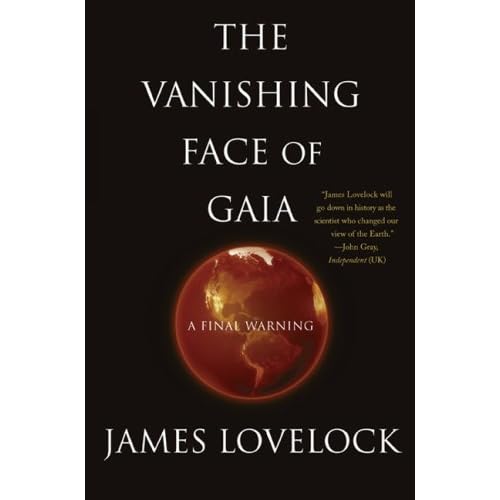 Last I saw of Lovelock, his pronouncements, while bleak, had not reached the present level of bleakness.
Last I saw of Lovelock, his pronouncements, while bleak, had not reached the present level of bleakness.Reuters | Climate change will wipe out most life on Earth by the end of this century and mankind is too late to avert catastrophe, a leading British climate scientist said.
James Lovelock, 89, famous for his Gaia theory of the Earth being a kind of living organism, said higher temperatures will turn parts of the world into desert and raise sea levels, flooding other regions.
His apocalyptic theory foresees crop failures, drought and death on an unprecedented scale. The population of this hot, barren world could shrink from about seven billion to one billion by 2100 as people compete for ever-scarcer resources.
"It will be death on a grand scale from famine and lack of water," Lovelock told Reuters in an interview on Wednesday. "It could be a reduction to a billion (people) or less."
By 2040, temperatures in European cities will rise to an average of 110 Fahrenheit (43 Celsius) in summer, the same as Baghdad and parts of Europe in the 2003 heatwave.
"The land will gradually revert to scrub and desert. You can look at as if the Sahara were steadily moving into Europe. It's not just Europe; the whole world will be changing in that way."
Attempts to cut emissions of planet-warming gases such as carbon dioxide (CO2) in an attempt to reduce the risks are probably doomed to failure, he added.
Even if the world found a way of cutting emissions to zero, it is now too late to cool the Earth.
"It is a bit like a supertanker. You can't make it stop by just turning the engines off," he said before the release of a new book on climate change.


0 comments:
Post a Comment